Gender scene
Oil on canvas, cm 28 x 38
With frame, cm 36,5 x 46
The canvas describes a moment of rest taken from the rural world: the strings of a lute pinched by an elderly man in the foreground gladdened a woman with her own child and a passer-by with his mule still listening. The subject is typical of Paolo Monaldi, a painter born in Rome in 1710 and student of the vedutist Paolo Anesi; he is considered among the most lively, witty and appreciated singers of the Roman countryside of the eighteenth century, where the anecdotal vein joins the poetic pastoral. In the Roman artistic panorama it is asserted by appearing 'simple people of the countryside in their rural tranquility' (Busiri Vici 1976, p. 97), according to an illustrative address directly derived from the seventeenth-century iconographies of the Bamboccianti. The Arcadian-pastoral vision of the painter, however, is detached from the concrete and disenchanted view of rural life, giving a sweetened translation of reality, but without ever regressing into the picturesque. The artist’s openness to cultural demands of a European dimension is, however, modelled on the needs of the market which, in eighteenth-century Rome, sees in travellers of the Grand Tour the main clientele, interested in local customs. The Monaldi is located in a time-boundary zone in the production of Souvenirs d'Italie, whose next declension will be the nineteenth century literary transfiguration or distorted naturalism, devoid of moral or social commitment, made of tarantella, serenades and pennacchiati chariots. For these reasons his art is culturally appreciable, confirming the undisputed pictorial quality of the works. He was a painter of various patrician families. He painted some paintings for Palazzo Rospigliosi. Some of his works were requested for the villa of Ariccia and by the Barberinis, for whom he decorated the Palazzo Barberini in Rome.














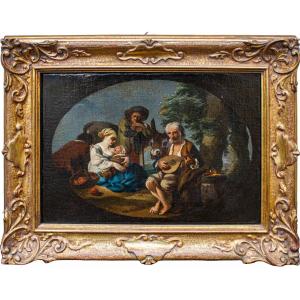
















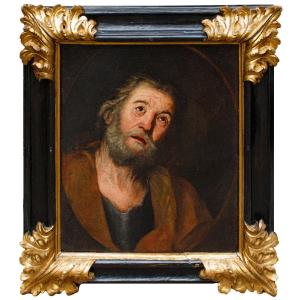




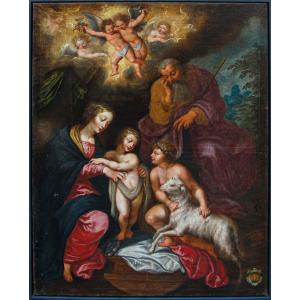

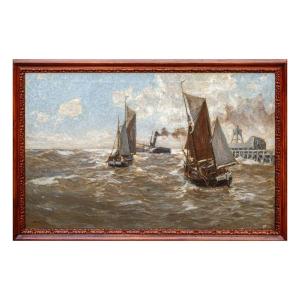
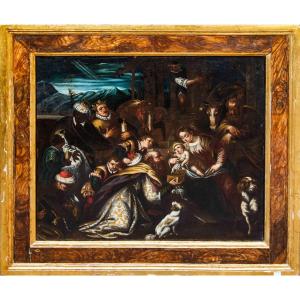
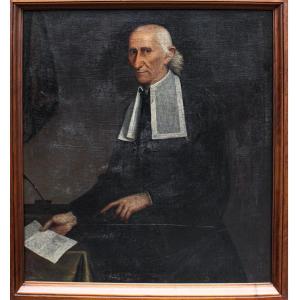
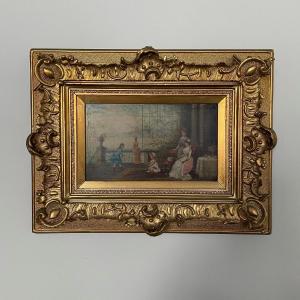
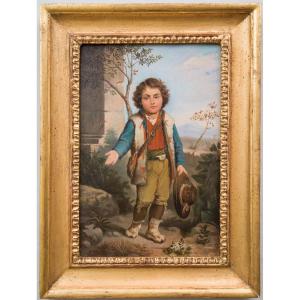

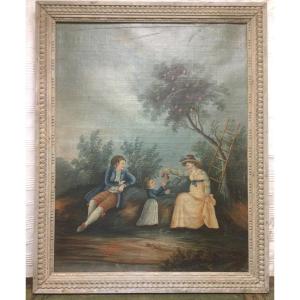




 Le Magazine de PROANTIC
Le Magazine de PROANTIC TRÉSORS Magazine
TRÉSORS Magazine Rivista Artiquariato
Rivista Artiquariato